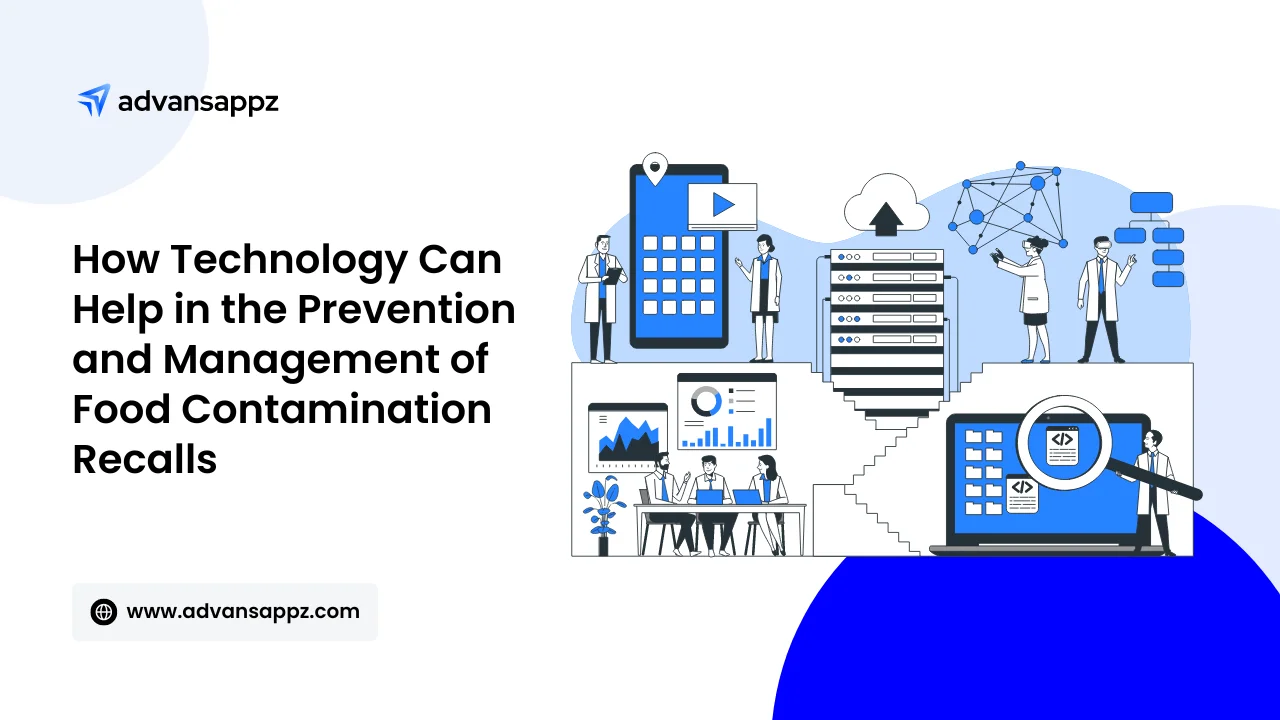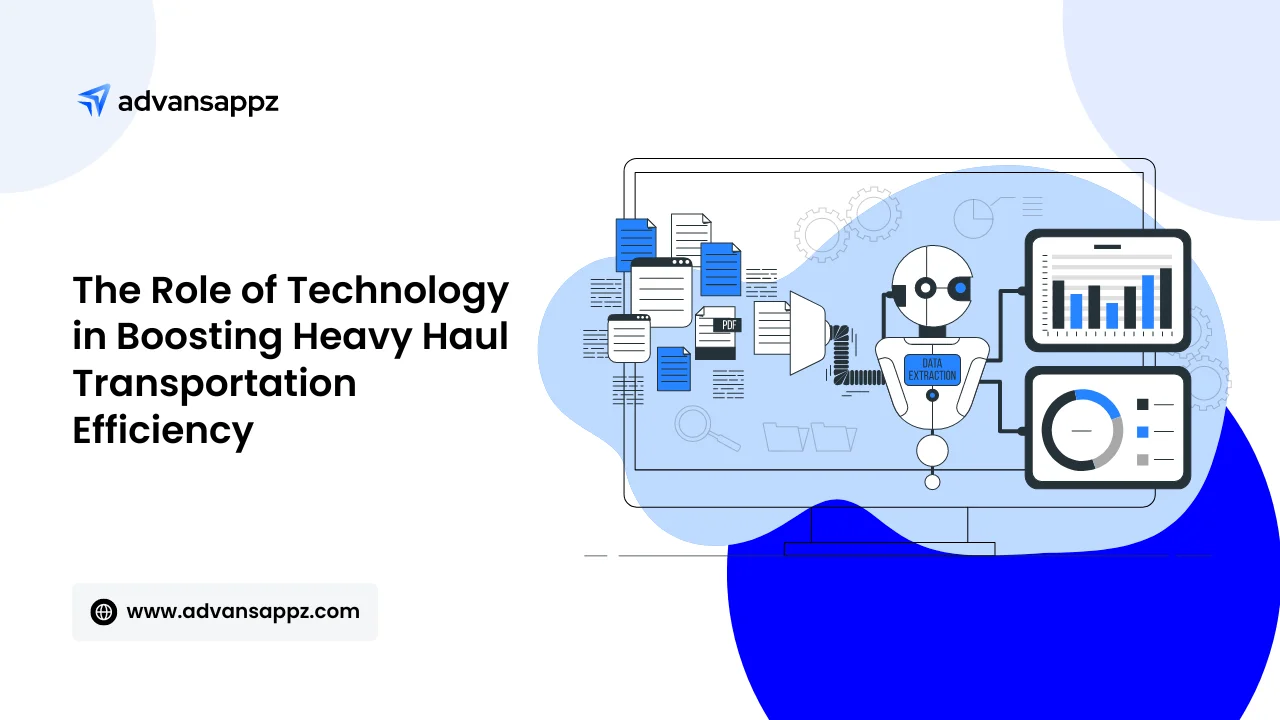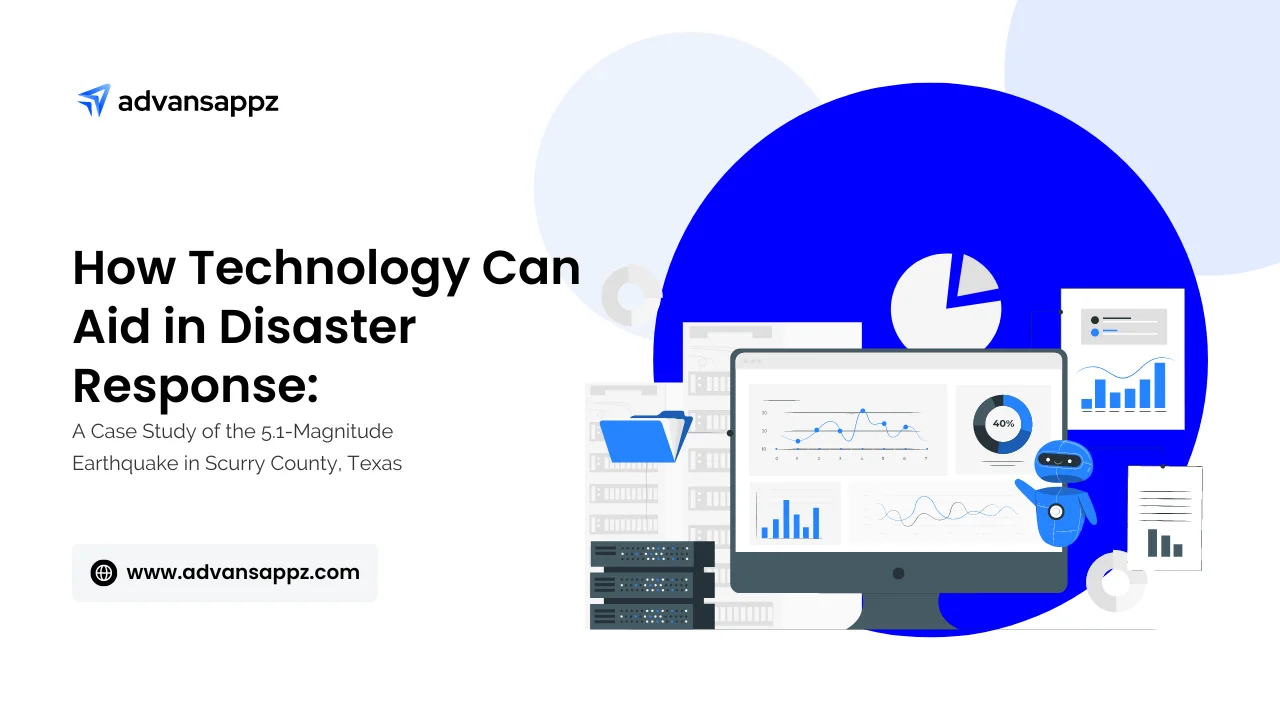Generative AI in healthcare is a transformative force. It promises revolutionary changes in patient care. We know that AI integration in various sectors brings groundbreaking advancements. Healthcare is no exception. Generative AI stands out in healthcare as well. It’s a promising application.
Generative AI generates new content based on existing data patterns. This ability holds immense potential. Furthermore, It reshapes healthcare delivery. Thanks to the integration of Generative AI and healthcare, patient outcomes have improved worldwide.
Statistics also underscore the significance of generative AI healthcare. The global market of Generative AI in Healthcare is expected to reach $22.1 billion by 2032, compared to $1.8 billion in 2023.
What’s more? Accenture says 98% of healthcare providers believe AI advances are bringing a new era of business intelligence.
Considering these statistics, It will bring in a new era of innovation and better health outcomes. In this blog post, we’ll discuss the power of generative AI in healthcare. Furthermore, We’ll explore its many uses in different parts of medical practice.
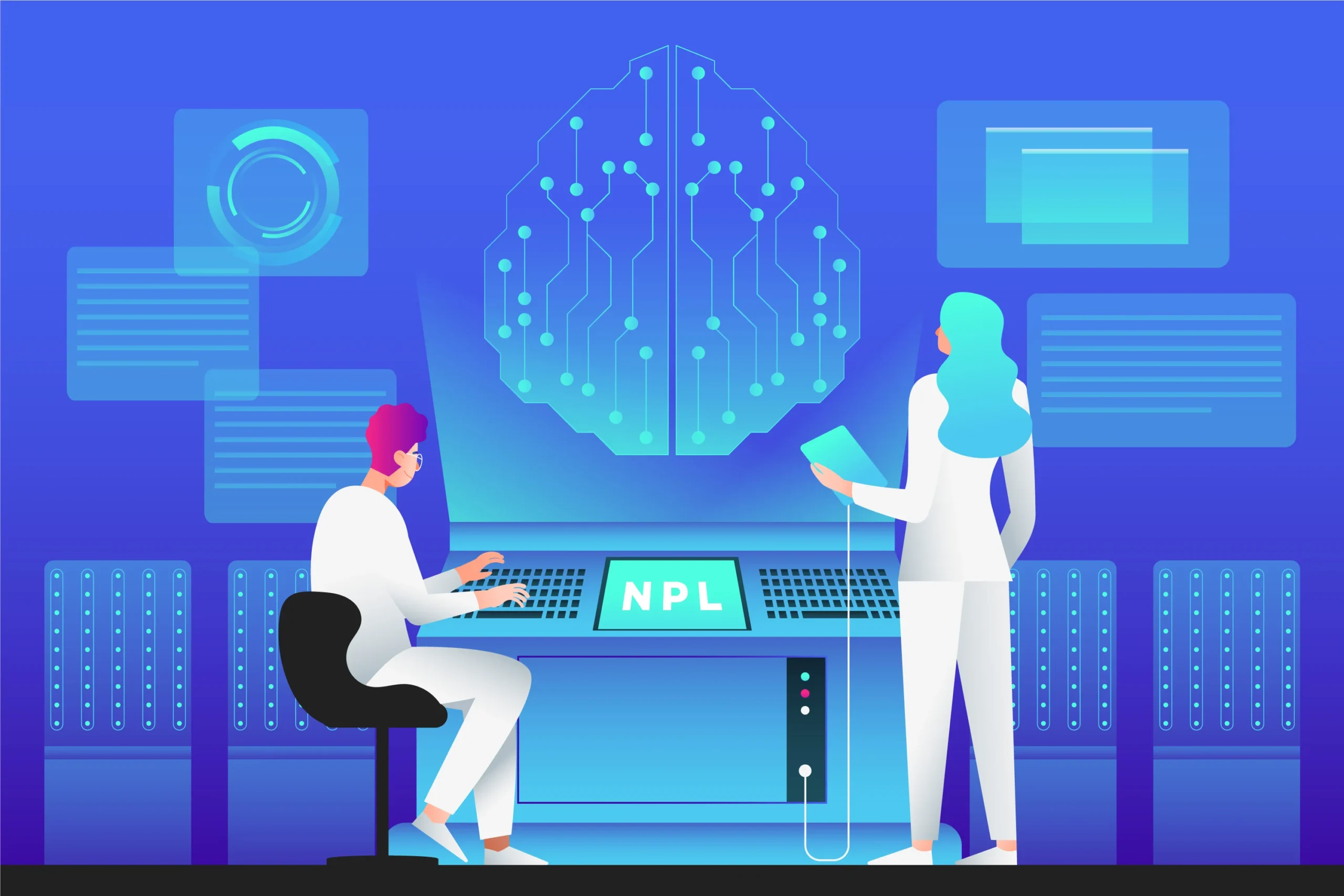
What do you mean by Generative AI in Healthcare?
Generative AI is a subset of artificial intelligence. It enables machines to generate new content. This content includes images, text, or entire datasets. It’s based on patterns and examples from existing data.
Unlike traditional AI systems, generative AI learns from data. It doesn’t rely on rules or predefined algorithms. Instead, it can create novel outputs. Moreover, These outputs are capable of mimicking human creativity.
Generative AI in healthcare is a groundbreaking technology. It excels in creating new data patterns. Using deep learning models like Generative Adversarial Networks (GANs), it generates various medical data types. This includes images, text, and diagnoses. In short, It augments scarce data for training.
Additionally, it creates synthetic datasets for research. In clinical settings, it trains medical professionals by simulating medical conditions. This enhances diagnostic skills. Furthermore, Generative AI also improves medical imaging quality. It achieves this by generating clearer and more detailed images.
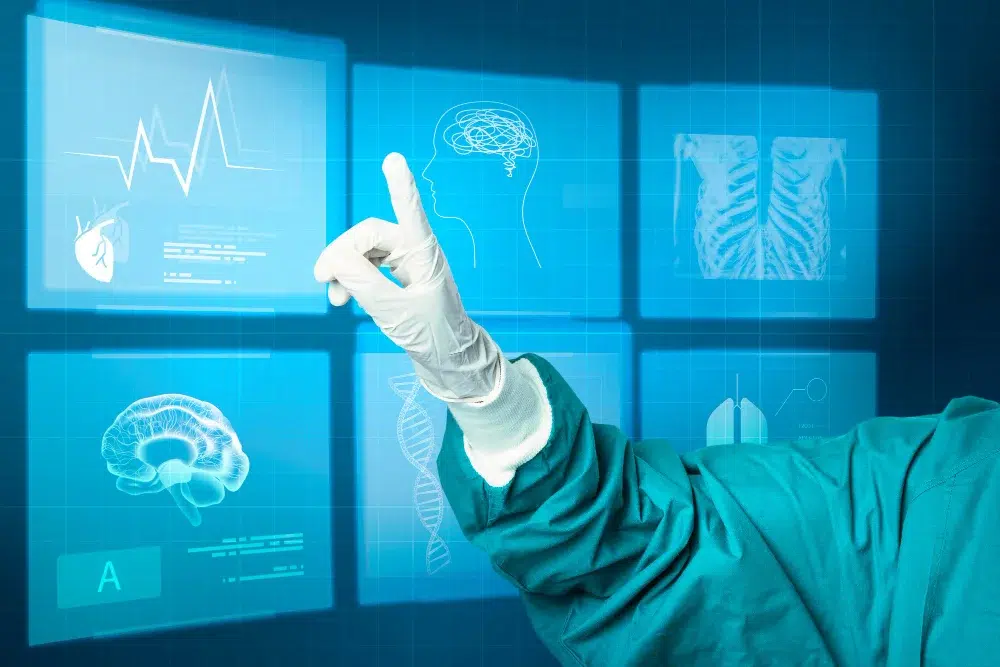
Applications of Generative AI in Healthcare
Generative AI use cases in healthcare are diverse and promising. AI enhances diagnostic accuracy and facilitates personalized treatment plans. These applications promise improved outcomes. This is because of the applications tailored to the needs of individual patients.
-
Medical Imaging
AI services and algorithms enhance medical imaging. They generate high-resolution images from low-quality scans. This improves diagnosis accuracy. Furthermore, early detection of diseases like cancer is becoming possible.
For example, A study published in Nature Biomedical Engineering utilized a Generative Adversarial Network (GAN). It generated synthetic images of the retina. These images assisted in training the deep-learning model.
The aim was to detect diabetic retinopathy more effectively.
-
Drug Discovery
Generative AI models analyze vast molecular data. They generate novel drug candidates with specific properties. The result? This accelerates the drug discovery process. In simpler terms, it holds the potential to develop more effective treatments.
For instance, Insilico Medicine, a leading biotechnology company, has created generative AI for drug discovery. The platform’s goal is to expedite the creation of new molecules. It also focuses on identifying disease targets.
Additionally, it predicts clinical trial outcomes. Other companies that use generative AI in healthcare are Exscientia, Iktos, Adaptyv Bio, and Absci.
-
Personalized Medicine
Ever wondered how Generative AI in healthcare can offer personalized medicine suggestions? Generative AI algorithms analyze patient data. This includes genetic information and medical history. Based on that, they generate personalized treatment plans.
These plans are tailored to individual patients. Thus, they aim to optimize outcomes and minimize side effects.
For example, Generative AI can collect data with the help of wearable devices to understand the patient. Such information can further provide personalized medicine recommendations.
-
Healthcare Robotics
Generative AI in healthcare is also driving progress in robotics. How? It empowers robots to aid in surgeries, rehabilitation, and senior care. This enhances precision and efficiency in healthcare delivery. Humans can make mistakes, but robots cannot make mistakes. Furthermore, it also solves the issue of manpower.
For instance, Surgical robots equipped with generative AI algorithms can perform complex procedures with greater accuracy. They minimize invasiveness, further, leading to reduced patient recovery times.
In rehabilitation settings, robots guided by generative AI assist patients in regaining mobility and strength. In fact, they provide personalized therapy plans based on individual needs and progress.
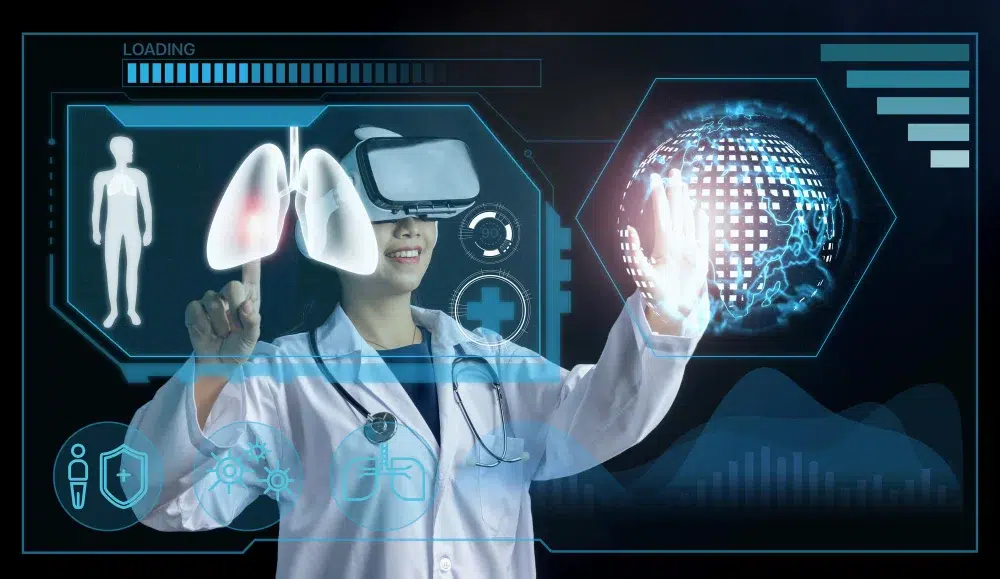
What are the Benefits of Generative AI in Healthcare
Generative AI in healthcare has many advantages. It brings higher accuracy in analyzing medical images and better patient outcomes. However, its benefits extend beyond these, encompassing various aspects of healthcare.
Here, we outline the benefits of AI in healthcare.
-
AI in Healthcare Improves Accuracy
Generative AI surpasses human abilities in analyzing medical data. It provides more precise diagnoses and treatment recommendations. Thus, accuracy in healthcare is significantly enhanced by these capabilities.
For instance, in radiology, Generative AI improves the accuracy. It finds anomalies in medical images. Ultimately, leading to precise diagnoses.
-
Faster Innovation is Possible
Generative AI in healthcare automates tasks like drug discovery and medical imaging analysis. This automation accelerates the pace of innovation in healthcare. New treatments and technologies reach the market at a faster rate due to generative AI.
For example, drug companies can predict good drug candidates faster. This speeds up the arrival of new treatments. Furthermore, integration of Generative AI in machines can improve the speed of manufacturing as well.
-
It Enhances Patient Care
Generative AI creates personalized treatment plans for individual patients. These plans are tailored to their unique needs and conditions. Therefore, patient outcomes improve, and the quality of care is elevated by generative AI’s capabilities.
In oncology, for instance, it analyzes genetic data to tailor cancer treatment plans. Which ultimately results in improved outcomes.
-
AI can make Healthcare Accessible
Finally, AI consulting streamlines processes within healthcare systems. It reduces wait times for patients seeking care. Additionally, it enables remote consultations through telemedicine. Moreover, conversational AI in healthcare has further made healthcare accessible.
What’s more? AI provides automated medical reminders. It also lets people schedule appointments. Thus, it makes healthcare accessible to all.
For example, Hospitals optimize appointment scheduling and resource allocation, ultimately reducing wait times. Additionally, it enables remote consultations through telemedicine, making healthcare accessible from anywhere.
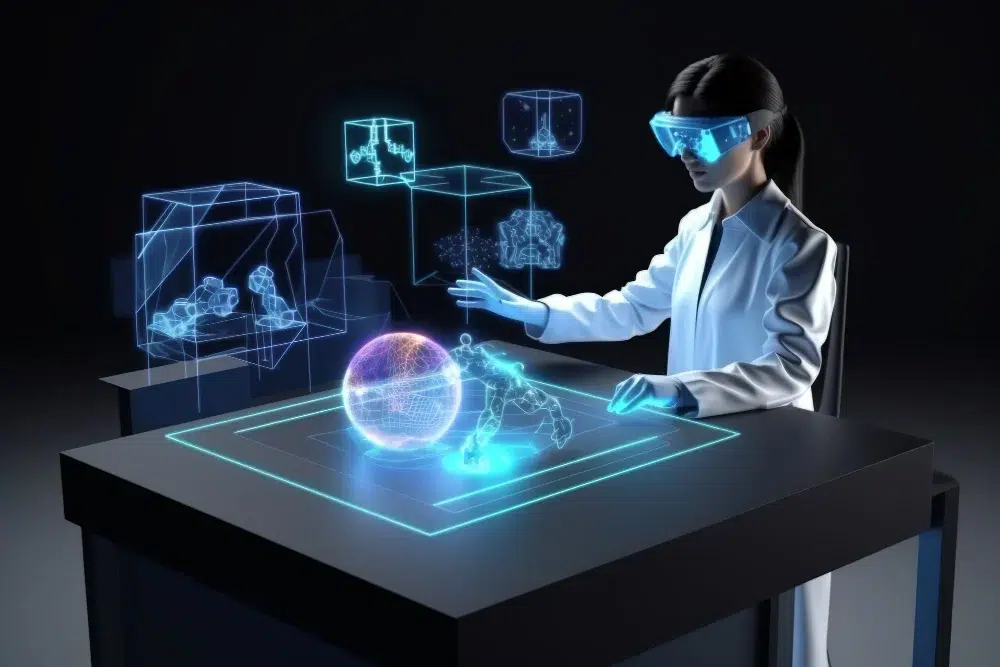
Generative AI in Healthcare: Challenges and Considerations
Generative AI in healthcare presents challenges and considerations. These include ensuring the reliability, security, and effectiveness of the systems. Addressing these concerns is crucial for enhancing patient care and healthcare delivery.
-
Ethical Concerns
The use of generative AI in healthcare prompts ethical inquiries regarding patient privacy, consent, and algorithmic bias. Robust regulations and ethical guidelines are necessary to address these concerns effectively.
However, various organizations are actively addressing ethical concerns surrounding generative AI in healthcare. With time, these efforts are expected to mitigate such concerns, certifying the ethical use of AI in healthcare.
-
Data Quality and Bias
Generative AI models heavily rely on the quality and diversity of healthcare data they’re trained on. Ensuring high-quality and diverse datasets is crucial to mitigate biases and inaccuracies in AI-generated outputs.
Selecting the right IT solution provider for generative AI needs can address data quality issues. They can ensure diverse, high-quality data is used to train AI models. The final result? It minimizes biases and inaccuracies.
-
Interpretability
Generative AI algorithms operate as black boxes, making it challenging to interpret their decisions. This lack of transparency can undermine trust among healthcare professionals and patients. Thus emphasizing the need for explainable AI models.
However, interpretability is not limited to generative AI; it is a persistent issue across various medical devices.
Also Read: Key Benefits of Cloud Computing in Healthcare
Conclusion: Generative AI in Healthcare
In Conclusion, Generative AI promises to revolutionize patient care across healthcare domains. It spans diagnostics, treatment, drug discovery, and robotics. Healthcare providers can unlock new insights and develop innovative therapies by harnessing data and AI.
However, realizing generative AI’s full potential requires addressing challenges. These include ethics, data quality, and interpretability. It’s crucial to ensure AI-driven innovations benefit patients ethically and uphold trust in the healthcare system.
As we harness generative AI’s capabilities with proper data analytics, the future of AI in healthcare is promising. It further offers unprecedented opportunities to improve patient outcomes and advance medical practice.
Thus, it is important to understand generative AI in healthcare. It has the potential to offer solutions never thought of before.
Frequently Asked Questions
-
How is generative AI used in healthcare?
Generative AI enhances medical imaging, drug discovery, and personalized medicine. It generates new content from existing data. Thus, aiding in accurate diagnoses and treatment planning.
-
What is an example of generative AI?
An example is using generative adversarial networks (GANs) to create synthetic medical images for training deep learning models. For instance, GANs can generate retinal images to detect diabetic retinopathy.
-
State some generative AI in healthcare use cases.
Generative AI enhances medical imaging accuracy, accelerates drug discovery, and personalizes treatment plans. It also assists in surgeries and rehabilitation through healthcare robotics.
-
What is the future of AI in healthcare?
AI holds promise in revolutionizing patient care. It will improve outcomes and optimize healthcare delivery. Additionally, it is will help in the better diagnose of diseases even at earlier stage. This will help in developing personalized treatments and enhancing efficiency.
-
What are the limitations of generative AI in healthcare?
There are limitations. They include ethical concerns about privacy and bias. They also depend on data quality. Furthermore, they have issues with interpretability and a risk of overreliance on AI in healthcare decision-making.





